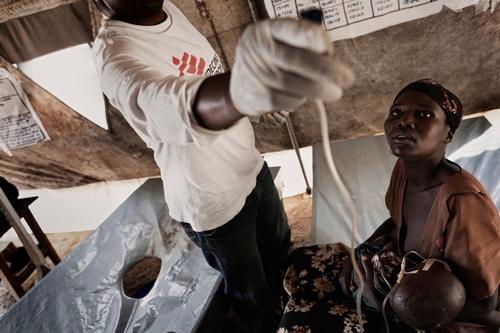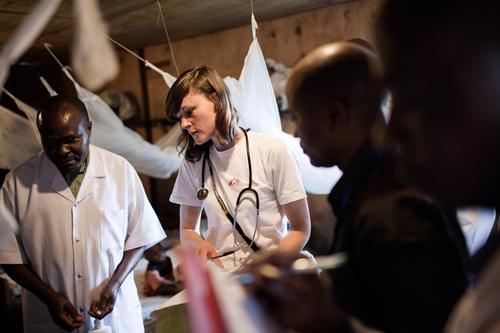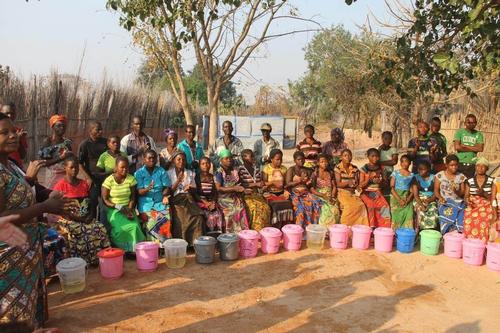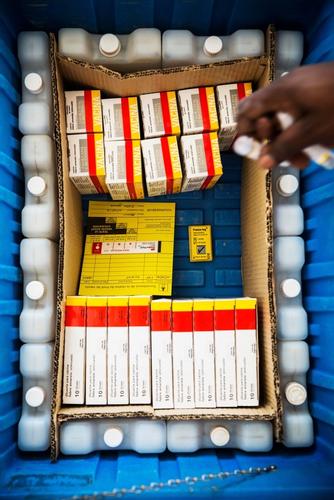Goma/Amsterdam – Médecins Sans Frontières (MSF) is to restart its activities in Mweso, Masisi territory, Democratic Republic of Congo (DRC) after four months’ absence.
MSF had been forced to stop all medical humanitarian activities in the area after armed men attacked one of the organisation’s convoys and abducted two MSF staff members on 15 December 2015. The staff members were released the following day.
“This kind of attack against MSF is unacceptable, and we were left with no choice but to immediately suspend all activities and pull out the MSF teams,” says Annemarie Loof, MSF operational manager in Amsterdam.
As it withdrew its teams from Mweso, MSF gave two conditions for resuming work: that all parties in the region provided appropriate security assurances; and that everything taken during the incident was returned to MSF. MSF now considers these conditions to have been met, prompting the organisation to resume its work.
MSF’s decision to halt its medical humanitarian activities in Mweso was an extremely difficult one. MSF is very relieved to be able to restart work in Mweso health zone now that it feels its conditions have been met. This follows a series of concrete steps, including the arrest and detention of the main suspects, significant legal steps forward, and assurances from the authorities that justice will be done without undue delay.
“All sides, at all levels, have helped MSF make it possible to resume medical humanitarian activities in Mweso,” says Loof. “The community, the authorities and others have helped MSF to send a clear message that such attacks cannot be tolerated and nothing can be gained from such acts. MSF was grateful to see the deep commitment of local communities – no one understands better than our patients why it’s so crucial for our medical teams to work in safety and security.”
Thanks to the support received, MSF is now in a position to resume its lifesaving activities with confidence for more than 390,000 people in Mweso health zone and neighboring areas. “Following its return to Mweso, MSF will reassess the medical needs in the area,” says Loof. “MSF teams will obviously not be able to restart all activities immediately after its four-month absence, but will start with the most urgent, lifesaving medical care, and will slowly build up humanitarian activities in accordance with the security situation.”
MSF has been providing free medical care in the Mweso health zone for nearly eight years, and has been working in DRC – where health indicators are among the lowest in the world – for more than 30 years. The Mweso project is one of MSF’s largest projects worldwide. In 2015, MSF teams in Mweso treated 185,791 patients, 45,744 of them for malaria, and assisted 6,593 mothers in giving birth.






